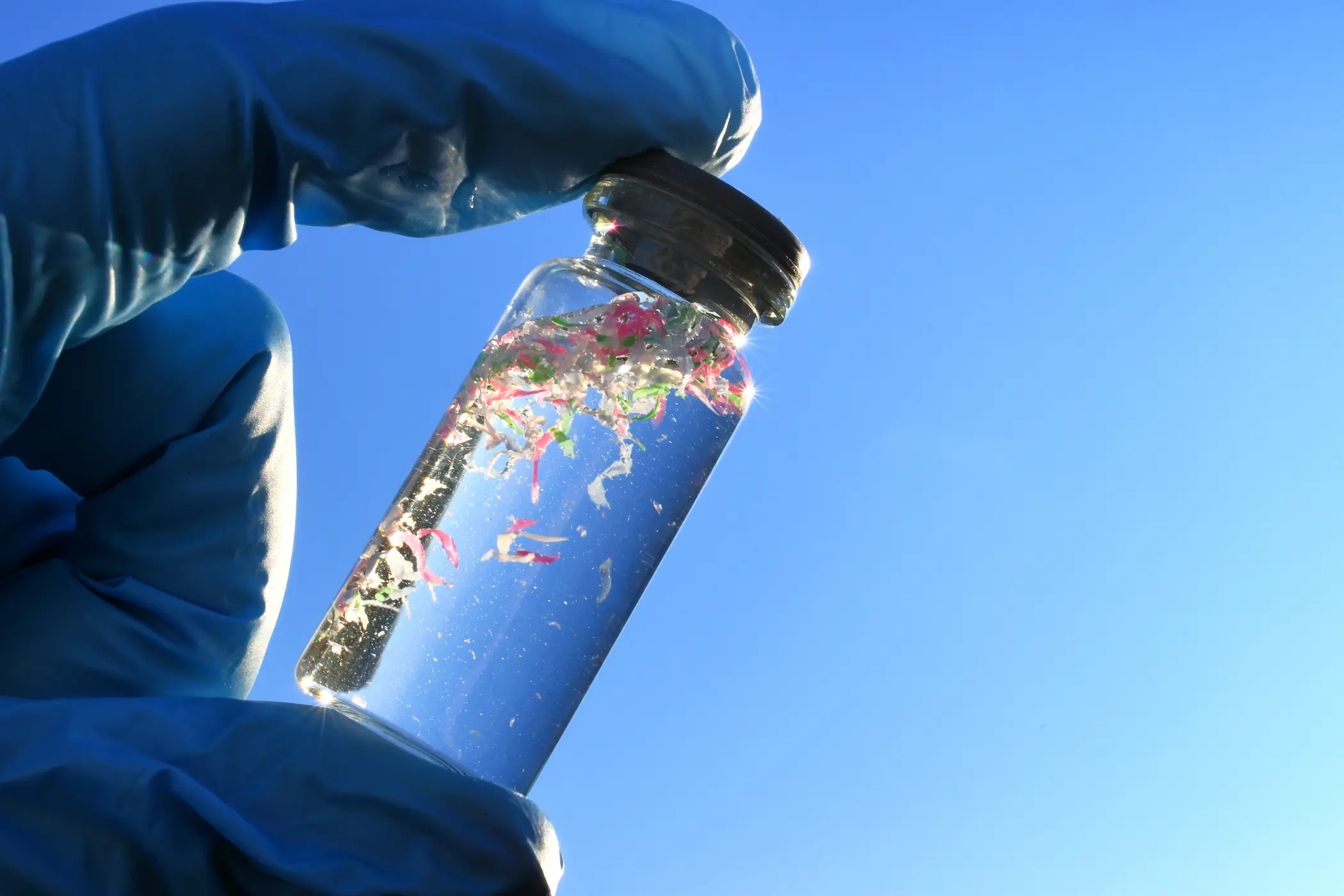Every wash can be an environmental hazard—especially when synthetic fabrics shed tiny plastic fibers, known as microfibers, into our waterways. Recent studies indicate that a single load of laundry can release up to 700,000 microfibers, which evade wastewater treatment and contribute significantly to ocean pollution. By exploring solutions like biodegradable materials and textile processing filters, experts showcase their expertise in crafting science-backed strategies to stop pollution at its source.
The experience of environmental advocates and communities underscores the urgency. In Ghana, for instance, the Or Foundation is rigorously monitoring microfiber contamination in local water bodies—shedding light on how pervasive this issue truly is and raising awareness in impacted regions . Meanwhile, everyday changes—like using Cora Balls, laundry bags, and cold-water washes—empower individuals to make immediate, tangible reductions in microfiber emissions. These personal shifts show that real progress stems from both innovation and small daily decisions.
To strengthen authoritativeness and trustworthiness, one should reference industry collaborations and technological breakthroughs: Matter Industries’ innovative Regen™ filtration system is being deployed in manufacturing facilities to trap microfibers before they enter wastewater streams. At the same time, EU regulations are pushing for mandatory microfiber capture technologies in washing machines, with legislation advancing in countries like France, setting a global precedent. By drawing on peer-reviewed data, regulatory policy, and real-world pilot programs, this article can shine as a credible and action-oriented resource for eco-conscious readers seeking to tackle microfiber pollution head-on.




